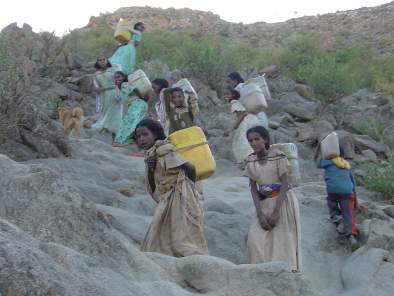Gender equality and women’s empowerment goals are part of the cornerstones of the four Dublin Principles (1992), the UN Conference on Environment and Development, (1992), the 2000 Millennium Development Summit and the 2002 World Summit on Sustainable Development (WSSD). Principle 3 states “Women play a central part in the provision, management and safeguarding of water”. In addition, this institutional framework is upheld by the Convention on Elimination of Discrimination Against Women (CEDAW) and the Beijing Platform for Action.
This event seeks to influence the Rio outcomes and implementation as well as the Sustainable Development Goals (SDGs) and the post 2012 MDGs. It also contributes to the Gender and Sustainable Development RIO+20 commitments. It will facilitate information exchange on gender strategies, actions, and lessons learned, on gender mainstreaming in water resources management throughout the world. The event also seeks to share knowledge and support for the implementation of the African Minister’s Council on Water (AMCOW) gender strategy. We will explore the development of an Africa Network that will support AMCOW and provide a global model to bring these issues forward beyond RIO+20.
Speakers include: Hon Rejoice Mabudafhasi, Deputy Minister of Water and Environmental Affairs, South Africa and Chair of the Network of Women Ministers and Leaders for the Environment. Annika Markovic - Environment Ambassador, Ministry of the Environment and Ministry of Foreign Affairs, Sweden. Ania Grobicki, Executive Secretary GWP /Mercy Dikito-Wachtmeister, Senior Officer Global Initiatives GWP. Veerle Vandeweerd, Director of Environment and Energy at UNDP. Janet Kabeberi-Macharia Senior Gender Advisor, UNEP. Eiman Karar, Director Water Resources management, Water Research Commission, South Africa. Daniela Nogueira/ and Ninon Machado, Gender Water Alliance, Brazil. Cristina Tirado, Director of the Center for Public Health and Climate Change at the Public Health Institute.

